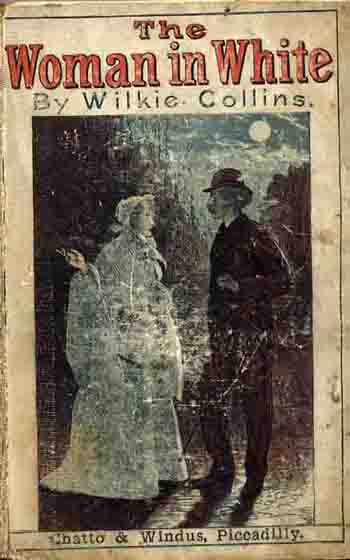

Although Laura is a wealthy woman, she has had little say in the distribution of her inheritance if Laura dies, her fortune will go to her husband and to her aunt, Madame Fosco, who is conveniently married to Sir Percival’s co-conspirator, Count Fosco.

Laura’s marriage to Sir Percival Glyde threatens her identity, fortune, and even her life. In the novel, marriage is presented as something that is potentially dangerous to women because it strips them of their rights, power, and individual freedoms. While marriage for love is still depicted as a favorable outcome when it is based on mutual love and respect-like Laura and Walter’s marriage at the end of the book-many of the marriages in The Woman in White highlight the unfair balance of power between men and women in the nineteenth century. Throughout the novel, Collins is critical of marriage, as the female characters in the novel stand to lose everything by it, while the male characters stand to gain from marriage and use this to their own advantage. It was still very difficult for women to challenge their husband’s authority or to maintain control over their own assets once married.

Women in nineteenth-century Britain had fewer rights than men because of the societal belief that women were inferior to men. Marriage is presented as a great risk for women in The Woman in White.


 0 kommentar(er)
0 kommentar(er)
